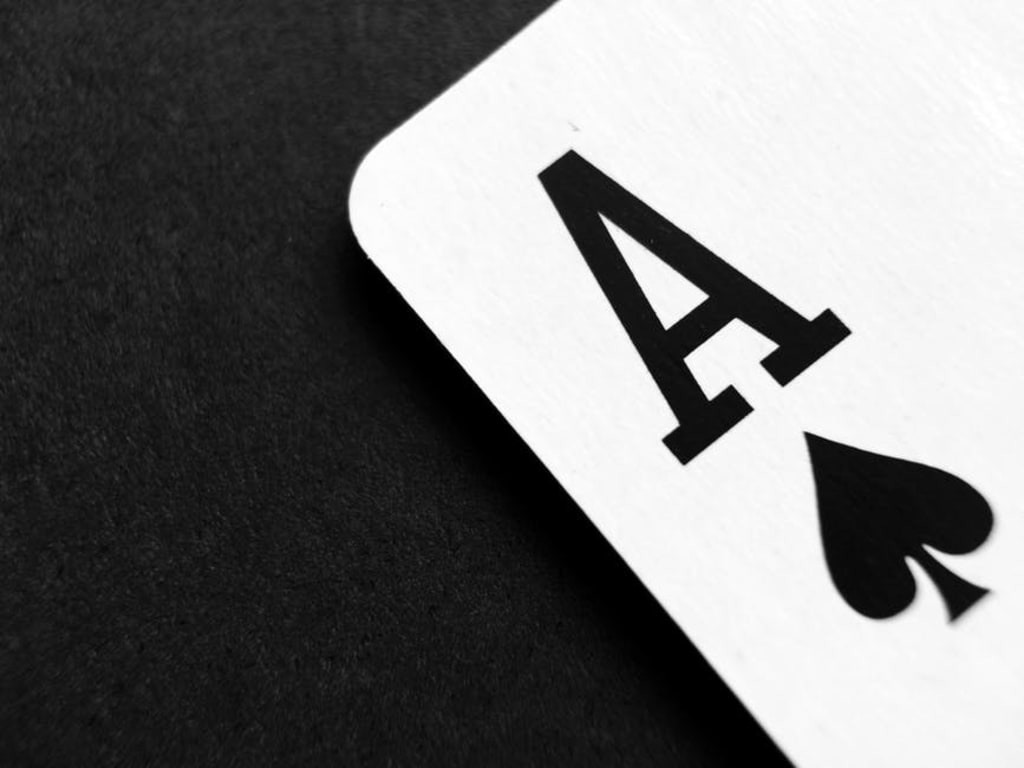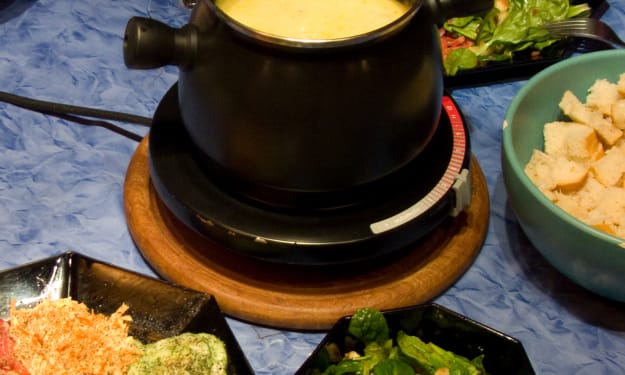Do You Have What It Takes to Be a Good Poker Player?
With some positive thinking and a long-term vision for how you want your game to look, you’ll fare a lot better in the world of poker.

Compared to other table games you’ll find in the average casino, poker stands apart for several reasons. Although there is a certain element of luck when it comes to the cards players are dealt, there are still deep levels of skill, understanding, and psychology needed when it comes to making decisions about whether it’s worth playing a hand or not.
There’s currently an ongoing debate around whether poker is a game of skill or a game of luck. There are plenty of arguments that point out that the best players can win consistently, and are often only let down by their own failures or being outplayed by an opponent, rather than being dumped out with a bad hand, as seen in other games like blackjack. Either way, there are still a certain set of skills that the world’s best poker players swear by, and have been proven to work not just by people, but by supercomputers and theoretical science too. We’ve put together a list of these skills, as well as some examples and tips to help potential poker players to improve their game, as well as a few dos and don’ts that come straight from the world of professional poker.
Practice
If you fancy yourself as a pro poker player, then our first bit of advice is to practice almost to the point of getting tired of poker. Professional players will not only play tournament games at least once a month, but will play smaller regional games and of course online games in between to keep practice up, or even generate funds for their next entry fee.
Before attempting to master the next few tips, make sure you know exactly what each combination of cards means, the rules, and etiquette of table and tournament play. You may end up jumping in at the deep end, but learning the hard way a few times is the quickest way to master the game. Our top "don’t" is to jump in with big bets when you’re just starting out; when you are learning how to play poker, you should be sensible and know your limits. Try playing a few games with lower stakes, or even just for fun, as this will prevent you from losing any cash when you’re still "green."
Know the odds.
Although it’s nigh on impossible to use the process of elimination or card counting in casinos with 6 or 8 deck card shoes, or when playing online with cards generated randomly by software, there are still a few tricks that will help you to make informed decisions, rather than gambling using your gut. Odds theory is a simple concept that is a bit tougher to master but helps the best poker players decide whether it’s worth proceeding with their hand. For instance, if a player has a couple of aces in their hand, and there’s an ace lying face up on the table, then the odds of another player holding an ace are much lower than if the player only held one ace. With a bit of memory training, players can even figure out all of the possible hands that could happen, a huge skill which could mean the difference between raising or folding.
Get a good poker face.
Everyone has probably heard the term, but the science behind emotion is a complex one and goes deep in terms of psychology and the study of physical mannerisms. For some strange reason, we become pretty agitated when we’re happy, and things like smiles, a widening of the pupils, and the sudden onset of a sweaty forehead can reveal to a decent player that you’ve got a couple of decent picture cards in front of you. Learning to get a handle on your emotions may seem like a simple solution, but in reality, the best poker players keep their opponents guessing, displaying the wrong emotions at the wrong times and using different tactics to keep their cards to themselves.
Conversely, it’s definitely worth spending time reviewing what other people do in certain situations. Learning to read people’s faces can be tough, but memorising their hands when revealed and seeing if there are any betting patterns is a bit easier. Known as a tell, this is a sure-fire way to take some money off a less-skilled player who bets big when they’ve got a good hand but plays it safe when they don’t. Mix it up a bit when you play, so that a better player doesn’t do the same to you!
Get a personality.
In the same vein as totally suppressing your emotions, actually interacting with other players is a technique that many poker players swear by. After all, poker is a social game and like many other sports, a bit of gentle ribbing, mind games, or just straight up bullying and verbal abuse can hail results. As the recent box office hit Molly’s Game suggests, there is more to poker than just the game. Professional players like Phil Hellmuth and Mike ‘the Mouth’ Matusow have gained fame for being loud-mouthed, verbally-abusive, and downright psychotic to try and throw their opponents off their game, whereas quiet, silent-assassin types like Daniel Negreanu and Tom Dwan lull their opponents into a false sense of security before striking.
By mastering a couple of mind games and trying out techniques like betting patterns, trash-talking, or even just making friends with your enemies, you could end up winning those few extra hands, which makes all the difference between good players and bad ones.
Be resilient.
Poker can bring grown men and women to tears, thanks to the brutal nature of the game and the fact that it can go wrong very quickly. Learning to adapt and handle bad outcomes is a good skill to have, and the best players will be able to take a good hiding without getting too downbeat. There will always be another game, and you might even get another chance at that idiot across the table that has taken all your chips off you!
Focusing on a few skills at a time and trying to make small changes to your game are the best options for players who already know the game. Naturally, there’ll always be a better player out there than you, as well as a few lucky ones who manage to pull great cards out of nowhere, so even if you aren’t seeing improvements, stick at it. Pro poker players spend lifetimes learning the ins and outs of the game, and the ones that reckon they’ve mastered it after a few years are definitely lying. With some positive thinking and a long-term vision for how you want your game to look, you’ll fare a lot better than simply going for the jugular every time you play.
About the Creator
Patricia Sarkar
Raised on a steady diet of makeup and games. Eager to share my experiences with the world and make a difference, article by article! :)






Comments
There are no comments for this story
Be the first to respond and start the conversation.